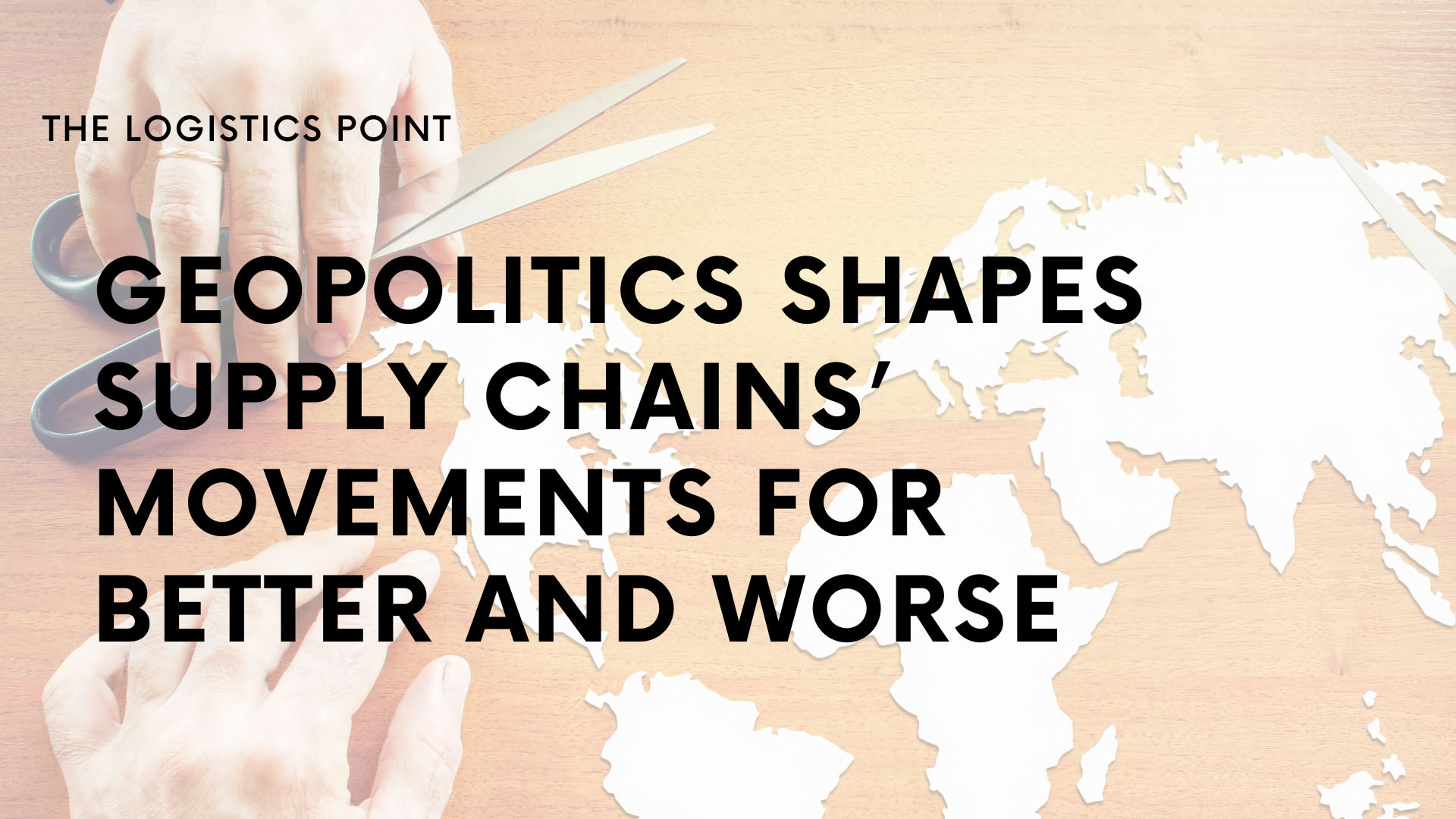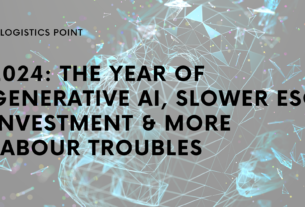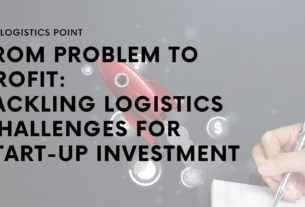GFK Consumer Confidence index figure remains low at -21 and it is not surprising that the topic of geopolitics and supply chain uncertainty is a recurring theme for managers. Disruption at any stage in the supply chain can create knock-on effects down the line. In some cases, these can be passed down to the end consumer in the form of order delays or price increases. This can affect customers’ intent – and ability – to buy, amid an already tough economic landscape. More from our April edition here!
The Red Sea crisis is arguably the most significant disruption we’ve seen to global supply chain operations in recent months. Obstruction to this major trade route between Europe and Asia has caused widespread diversions for those transporting goods globally, adding around two weeks to shipping timescales. From a cost perspective, some shipping lines are levying surcharges relating to the increased risks, adding to the financial implications of diverted transportation. And that’s not to mention the commercial risks of dissatisfaction among end consumers who could experience delays to their orders.
‘The issues in the Red Sea are the latest in a long list of challenges that have compromised operations; we’ve seen Brexit, the pandemic, war, and economic downturn cause ricocheting effects across the industry in recent years. Industry professionals have been forced to exercise agility and pivot continuously in response,’ tells us Scott Whiffin, executive director at global supply chain and logistics consultancy, SCALA.
Lena von Fritschen, Director Market Intelligence at Transporeon also talks about the myriad of challenges faced by supply chains. ‘The problem isn’t that delays happen ‘too suddenly’ for shippers to act, but that there’s a lack of information-sharing within the industry. Shippers routinely lack regular updates on the status of their freight, and if freight has been booked via a third party, tracking information is often completely unavailable,’ Lena adds.
In challenging socio economic and geopolitical times, it’s important to plan ahead and make strategic investments for the future. One approach is to consider increasing inventory to anticipate delays and ensure timely order fulfilment. Alternatively, investing in advanced demand planning processes and platforms can enhance forecasting accuracy, expand supply options, and support strategic decision-making.
Ultimately, having insight is key to staying competitive during periods of operational disruption. Before making major decisions, it’s prudent to conduct a thorough review of your supply chain and logistics processes. This includes reassessing sourcing and warehousing choices, transportation routes, fulfilment methods, and manufacturing practices, taking into account both cost implications and service levels.
Top risk
Geopolitical uncertainty is one of the Top 5 Risks for 2024 mentioned by DHL and Everstream Analytics. The rising geopolitical tensions pose significant risks to supply chains today. According to experts at Everstream, the ongoing tensions and regulatory issues between China and Taiwan highlight a potential hotspot for supply chain disruptions. This could lead to increased regulatory barriers for exports, particularly in sectors like semiconductors, agriculture, aerospace, and IT.
Any escalation of these tensions could spell trouble for industries ranging from electronics and textiles to plastics, rubber, chemicals, and base metals. Furthermore, disruptions in the Taiwan Strait would impact nearly half of the world’s container ships that traverse through it.
Globalisation still strong
„The most recent findings of the DHL Global Connectedness Report unequivocally dispel the notion of globalisation reversing course. Far from being a mere buzzword, globalisation is an influential force that has profoundly reshaped our world and has further great potential. Expanding markets and fostering opportunities empower individuals, businesses, and entire nations to flourish in unique ways. Embracing globalisation allows us and our customers to forge a promising future, fostering an increasingly interconnected world, more prosperous for all – and poised for further growth.“ – John Pearson, CEO DHL Express.
The report affirms the considerable potential to continue growing global flows. It pegs the world’s current level of globalisation at only 25%, on a scale from 0% (meaning no flows cross national borders) to 100% (borders and distance have ceased to matter at all).



